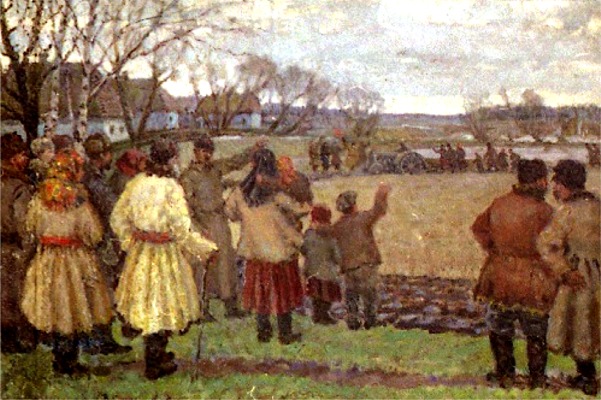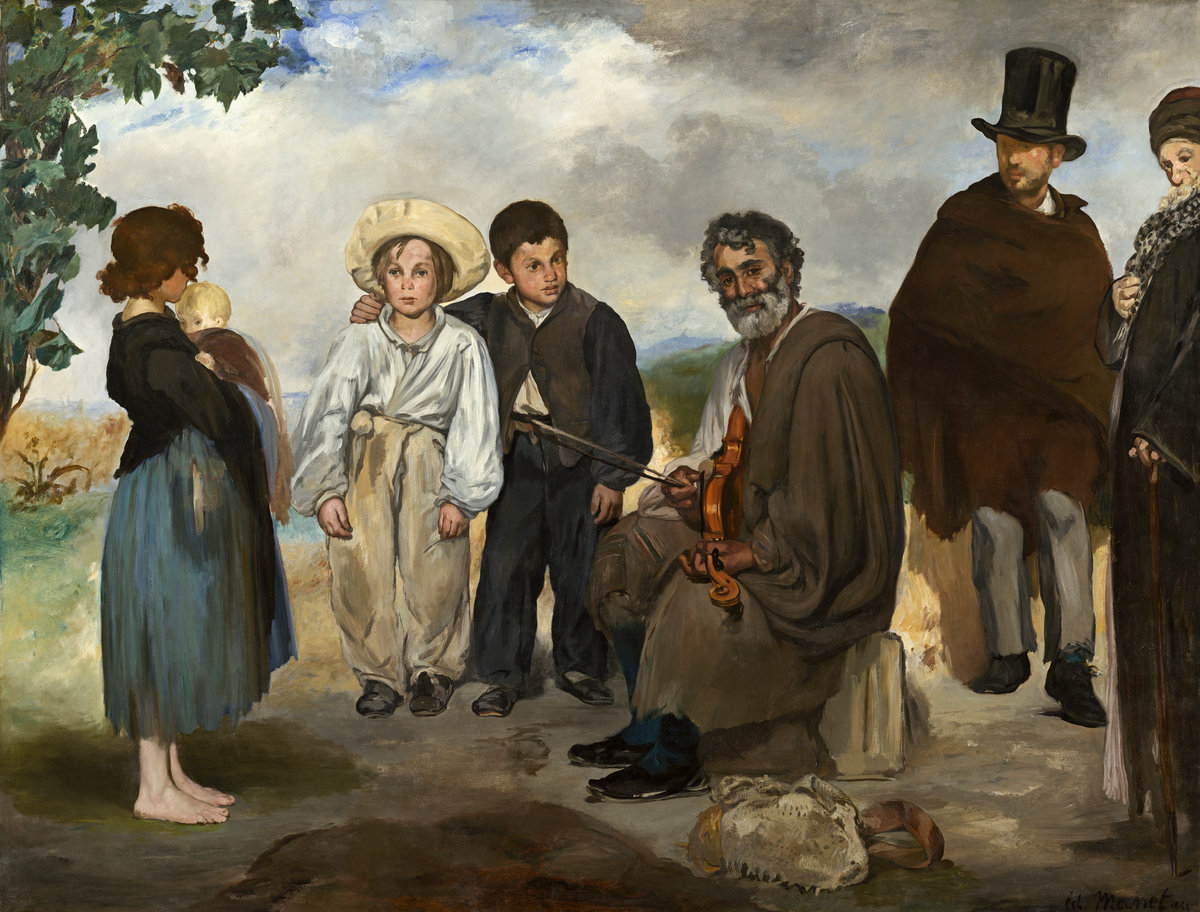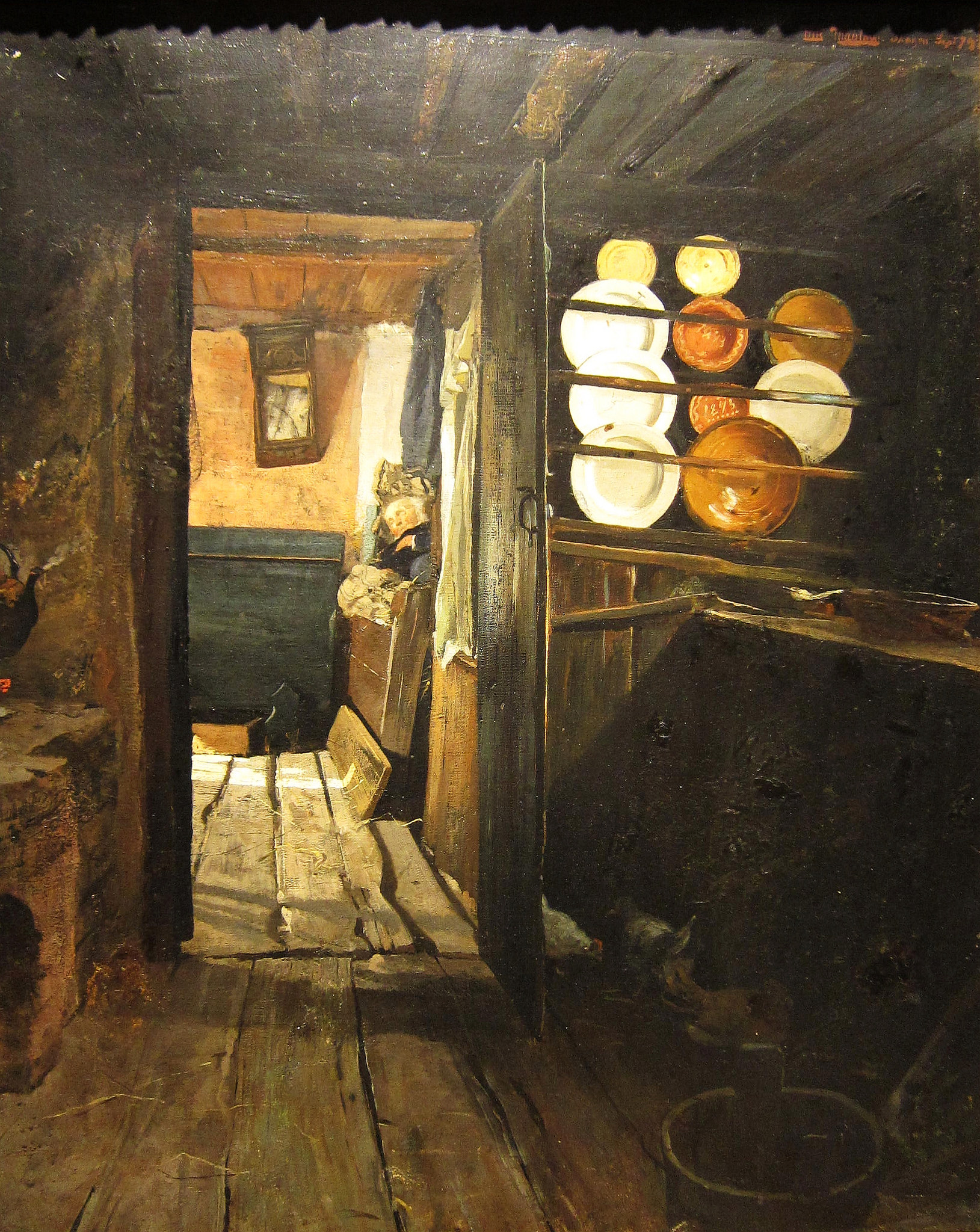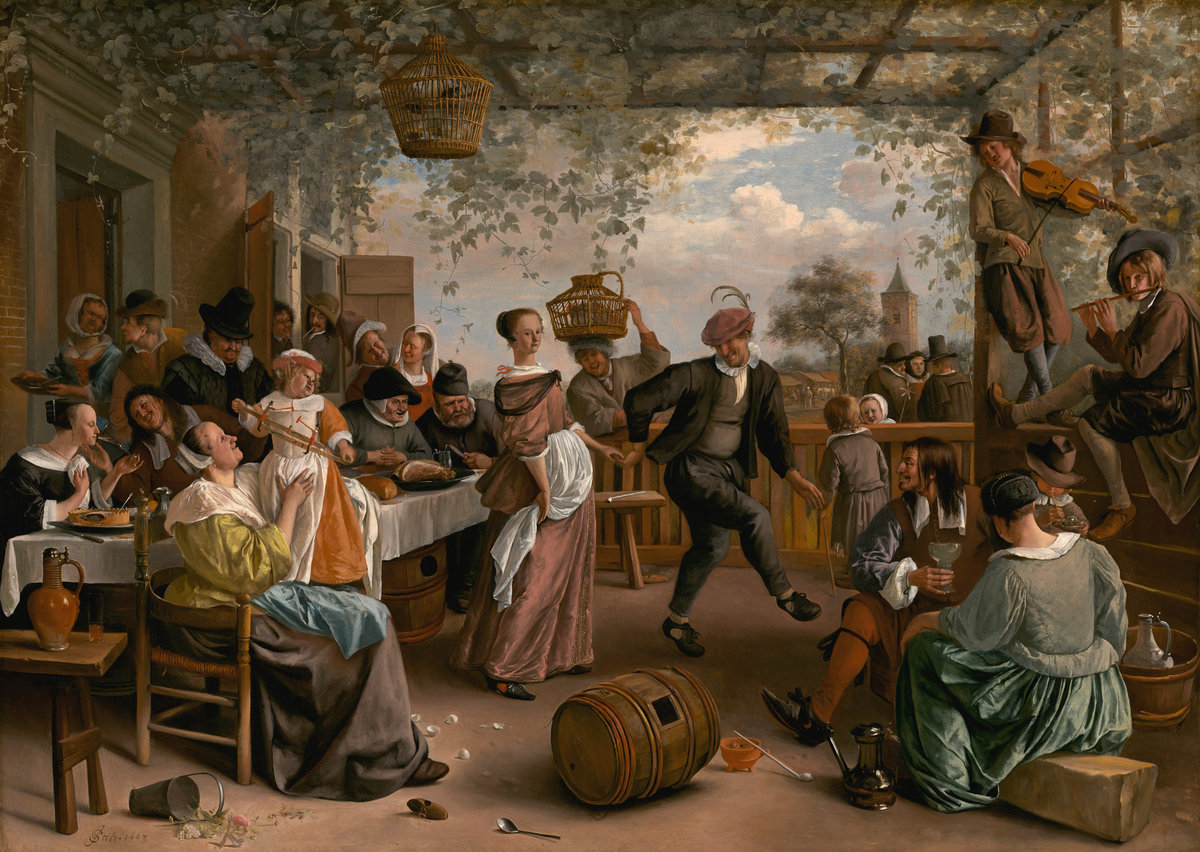
BBC Magazine takes a look at the eccentric life of the ‘Greek Robin Hood’ who robs banks, gives to the poor, and has escaped from jail by helicopter twice.
Several Brookings fellows debate what’s driving ISIS’ strategy. Robert Engell argues ISIS is simply obscuring bigger problems in the Middle East. Vice News has a new documentary series shot while embedded with Islamic Front fighters in contested Aleppo. Frederic Wehrey and PVG guest contributor Ariel Ahram look at the pros and cons of creating a National Guard in Iraq. Bridget Conley-Zilkic of the World Peace Foundation criticizes militarized atrocity response in general and American airstrikes in Iraq in particular. Finally, Matthieu Adkins weaves a compelling narrative of those that dig civilians out of the rubble in the aftermath of barrel bombs, “Smaller chunks of concrete were picked away, larger ones levered free, webs of rusted rebar were sawed in half. Finally, they opened a hole through the floor, and there they were: The brothers crouched down by their beds, chalk-white but seemingly unharmed. It was as if they had been etched back into the world.”
The Mexican drug war has a high death toll, but it’s hard to know exactly the scale of the tragedy when hundreds of people can disappear without a trace.
Berit Bliesemann de Guevara identifies the International Crisis Group’s bias.
How to build democracy? Brian Levy argues for an incrementalist approach based in realism. In Tunisia, democracy is growing largely thanks to reasonable politicians. Somewhat relatedly, Rachel Strohm supplies evidence that weak central states do not always breed disorder. While Israel is certainly not a weak state, it is privatizing violent authority to settlers in the West Bank.
Rwanda’s government is increasingly cracking down on internal threats, real or imagined.







